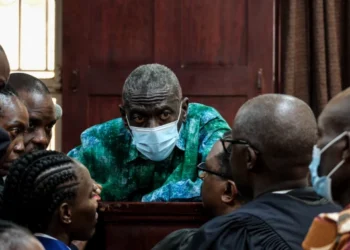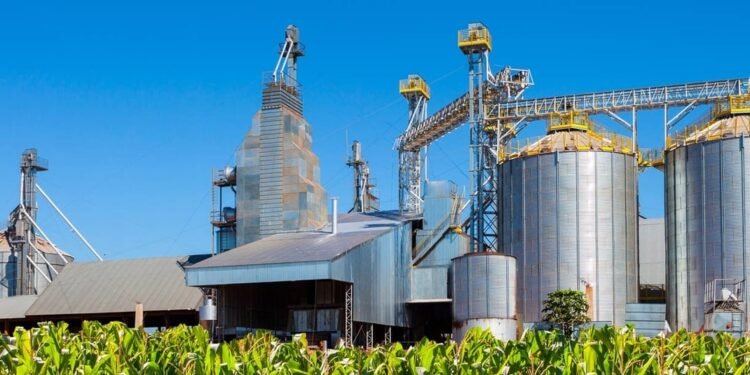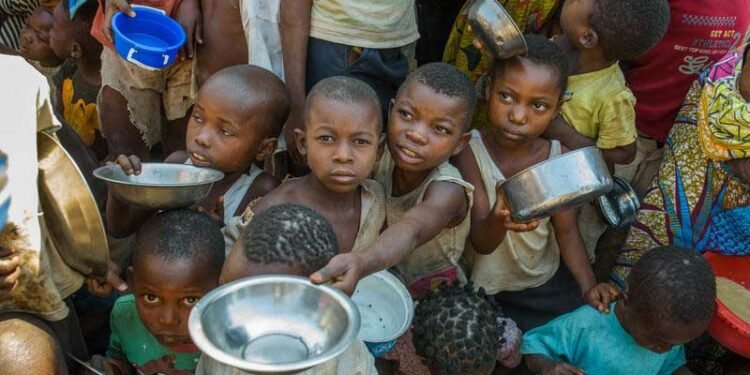Health Authorities in Uganda have declared an outbreak of Ebola after a case of the relatively rare Sudan strain was confirmed in Mubende district in the central part of the country.
The Uganda Virus Research Institute confirmed the case after testing a sample taken from a 24-year-old male. This followed an investigation by the National Rapid Response team of six suspicious deaths that have occurred in the district this month.
A statement issued by the World Health Organization (WHO) Regional Director for Africa on Tuesday, September 20, 2022, noted that there are currently eight suspected cases who are receiving care in a health facility in the country.
Dr Matshidiso Moeti, World Health Organization Regional Director for Africa, commenting on the recent Ebola outbreak, said: “This is the first time in more than a decade that Uganda is recording the Ebola Sudan strain”.
The source of the current outbreak is yet to be established but the WHO Regional Director for Africa noted that her outfit is collaborating with Ugandan Health Authorities to uncover the origin of the outbreak.
“We are working closely with the national health authorities to investigate the source of this outbreak while supporting the efforts to quickly roll out effective control measures. Uganda is no stranger to effective Ebola control. Thanks to its expertise, action has been taken to quickly detect the virus and we can bank on this knowledge to halt the spread of infections.”
Dr Matshidiso Moeti
Previous outbreaks of the Ebola Sudan strain
There have been seven previous outbreaks of the Ebola Sudan strain, with four occurring in Uganda and three in Sudan, WHO Regional Director for Africa disclosed.
Uganda last reported an outbreak of Ebola Sudan in 2012. In 2019, the country experienced an outbreak of Ebola Zaire. The virus, according to the WHO, was imported from neighboring Democratic Republic of the Congo which was battling a large epidemic in its north-eastern region.
WHO assured that it is helping Ugandan health authorities with the investigation and is deploying staff to the affected area. The Organization noted that it has dispatched supplies to support the care of patients and is sending a tent that will be used to isolate patients.
While ring vaccination of high-risk people with Ervebo (rVSV-ZEBOV) vaccine has been highly effective in controlling the spread of Ebola in recent outbreaks in the Democratic Republic of the Congo and elsewhere, this vaccine has only been approved to protect against the Zaire strain.
The WHO underscored that another vaccine produced by Johnson and Johnson may be effective but has yet to be specifically tested against the Sudan strain.
Ebola is a severe, often fatal illness affecting humans and other primates. It has six different strains, three of which (Bundibugyo, Sudan and Zaire) have previously caused large outbreaks.
Case fatality rates of the Sudan strain have varied from 41% to 100% in past outbreaks. Early initiation of supportive treatment has been shown to significantly reduce deaths from Ebola.
READ ALSO: IEA Urges BoG To Maintain Policy Rate At 22%























